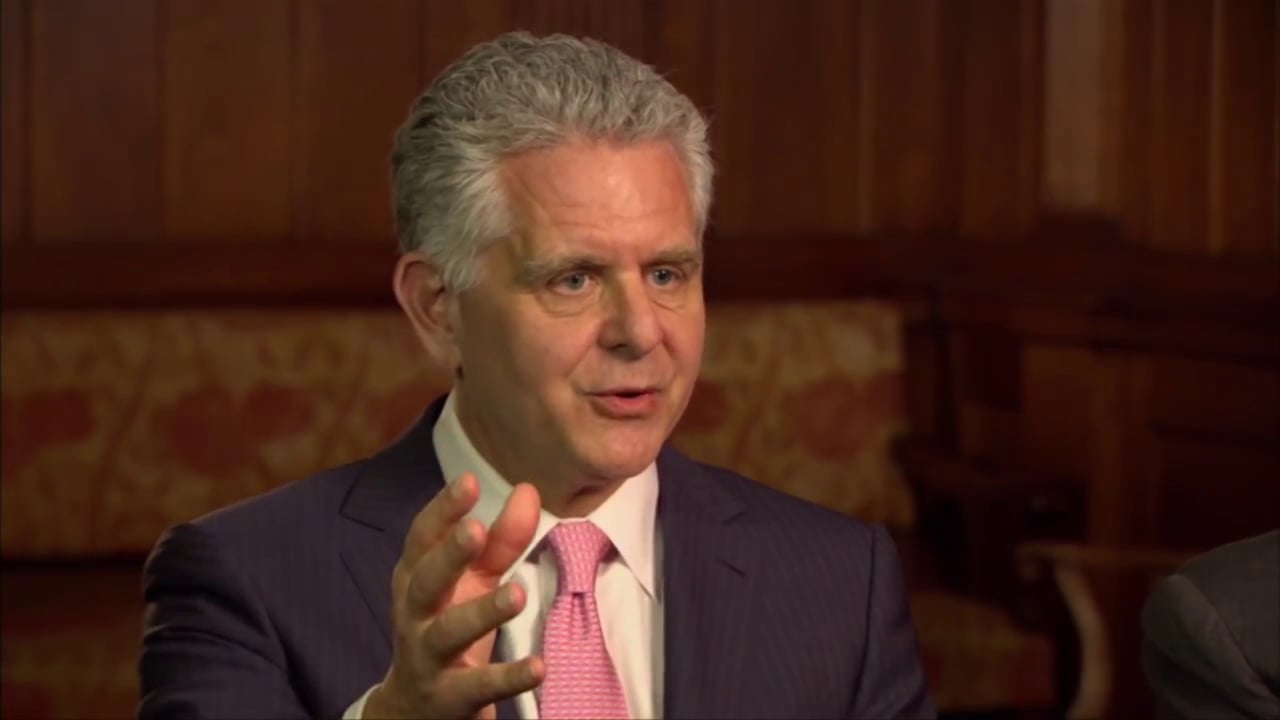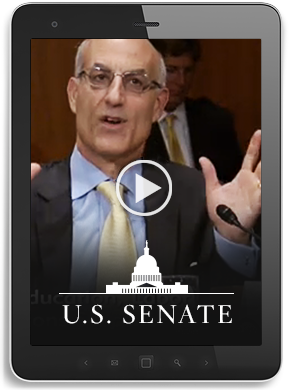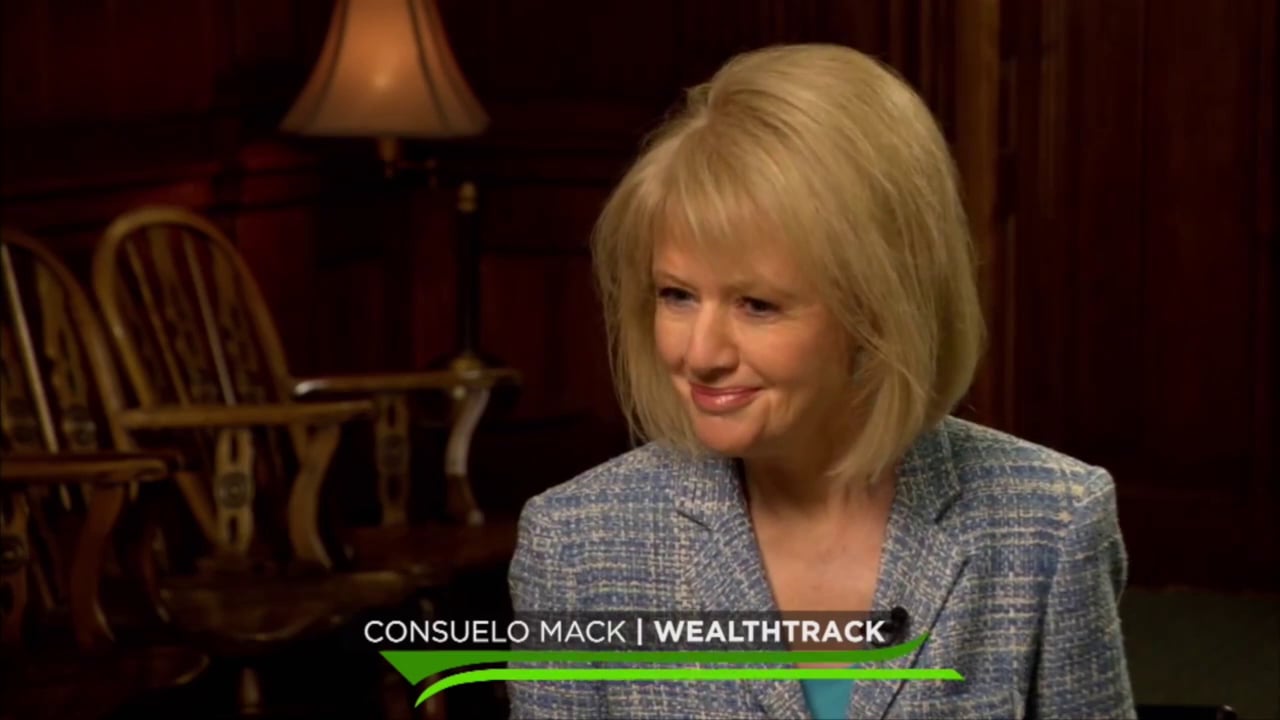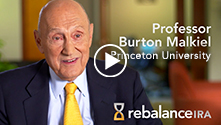Consuelo Mack is a long time fan of Professor Burton Malkiel and Dr. Charles Ellis. In fact, she had both of them on her show several times. So naturally, she was intrigued when Burt and Charley joined the Rebalance team and took a central role leading the firm’s Investment Committee and helping to design and monitor the firm’s retirement portfolios. These two legendary financial thought leaders are very sought after by financial services companies, university endowments, and pension plans.
What is so special about Rebalance? Ms. Mack decided to dedicate a 30-minute episode to how the firm is part of a new generation of investment advisory companies that leverage technology and innovative business models to provide consumers with fundamentally more attractive and lower-cost retirement investing options.
In this segment, Professor Burton Malkiel discusses how the Rebalance Investment Committee constructs its portfolios:
Consuelo Mack: This week on Wealthtrack, putting your retirement portfolio on autopilot. Financial thought leader Burton Malkiel has teamed up with online investment advisory pioneer Mitch Tuchman to offer retirement portfolios of low-cost index funds that automatically rebalance. Why they believe the combination will lead to smooth retirement landings is next on Consuelo Mack Wealthtrack.
Consuelo Mack: Take me through the Investment Committee meeting. For instance, I’m looking at some of the things and what Mitch just mentioned so, you are dealing with a portfolio of high yield corporate bonds, U.S. dollar emerging market bonds, intermediate corporate, small cap, as you said, an all-world ex small cap, developed market stocks, emerging market stocks, high dividend yield stocks, REITs, Vanguard’s Total Stock Market Index is in there as well. So you have tried to keep it relatively simple, right?
Burt Malkiel: We’re trying to keep it relatively simple, but these are exactly the kinds of things that the Investment Committee decided upon.
Consuelo Mack: Right.
Burt Malkiel: In other words, when we first put the portfolio together, the first thought was okay, bonds are going to be a total bond market fund and for the reasons we’ve just discussed, we’re uncomfortable as an Investment Committee with that, and so what the Investment Committee then talked about was, okay, what can we do and how far should we deviate from what’s a total bond market fund? So, that would be one of them. The other would be how much should we have in emerging markets? Are emerging markets really very much more risky than developed markets? Are emerging markets really very much more risky than Europe? And in bond defaults, we have some emerging market bonds.
Consuelo Mack: Right.
Burt Malkiel: Well, where are the defaults likely? They are going to be in places like Greece that are in developed markets, so when you ask what the Investment Committee talks about, these are precisely the kinds of things the Investment Committee talks about. You can call it active if you want, but all of the individual instruments are passive, are indexed and are low-cost because, let me tell you, all of us need to be very modest about what we know and don’t know about financial markets. But the one thing I am absolutely sure about it is, the lower the fee that I pay to the purveyor of the investment service, the more there is going to be for me as the investor.







